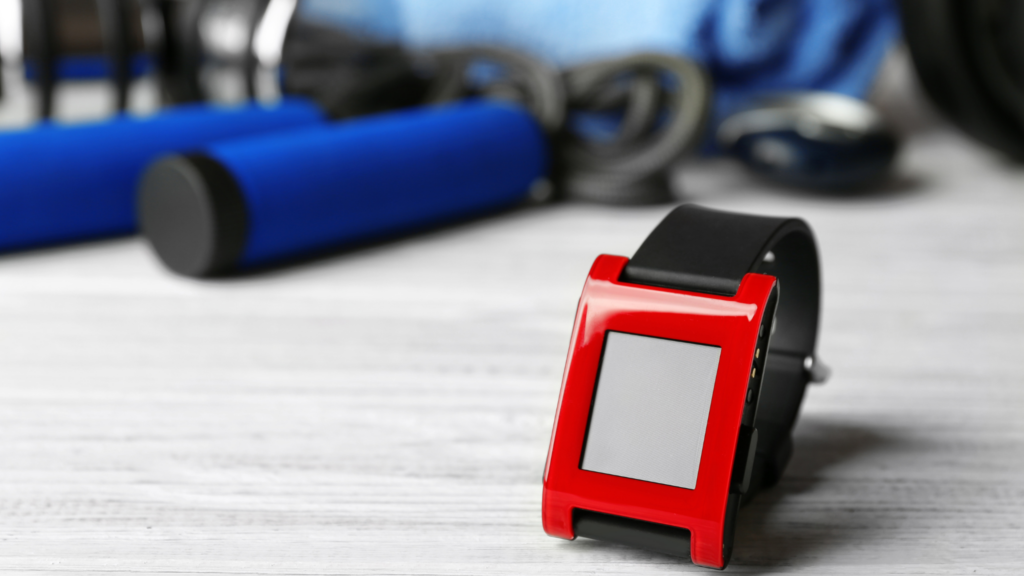
Are you planning to buy a watch that monitors heart rate for yourself or a loved one? Before investing in these items, you should know if their heart-monitoring features actually work.
Many people know and use digital watches. These devices have been around for decades! However, modern ones are quite different. Actually, you can find many “smart” versions.
While old digital watches were limited to telling you the time not long ago, modern smartwatches have many impressive features. Many allow users to keep up with the news, communicate with their loved ones, or monitor their health. Also, they have a powerful battery life, so you can use them for hours or even days!
As people become more conscious about their overall health, smartwatches that monitor people’s lifestyles have also become popular. Many of these devices count steps or have sleep-tracking features, for example.
However, the most recent and interesting technology targets common cardiovascular conditions. Can these watches provide accurate health metrics to a person with heart disease?
Here’s everything you need to know about these devices and how to choose the best one for your heart health.
Heart-rate monitor watches have features specifically designed to monitor a person’s cardiovascular health.
In this regard, these are some of the common features of these devices:
To sum up, these smartwatches have been designed to display a user’s heart rates in real-time, detect irregular heart rhythm, and more. Many scan blood flow, considering factors such as blood pressure or oxygen saturation levels to provide this information.
However, you may be wondering if these smartwatches provide accurate data when it comes to heart health and can really benefit your loved ones.

The effectiveness of smartwatches in offering accurate heart rate data and monitoring a person’s cardiovascular health has been the subject of debate since these devices first appeared.
Opinions are mixed. Many experts consider that these smartwatches can be beneficial for patients with existing cardiovascular conditions, especially seniors.
These devices could also help people with a history of heart disease in their families to monitor their health.
Many experts have also highlighted smartwatches’ great potential for detecting cardiac arrhythmias. As a result, many recommend these health-tracking devices to their patients at risk of heart disease and stroke.
Smartwatches can be a great solution to monitor your health on a daily basis. In addition, these devices often have other impressive features, such as stress tracking. They can help people take care of their bodies and seek help early if they detect something is wrong.
However, people should not rely solely on smartwatches to monitor their health, especially if they are diagnosed with heart disease. These devices do not replace visits to the doctor.
As mentioned, many experts agree that smartwatches with heart-rate-monitoring capabilities can really benefit people.
If this device has a heart rate monitor, users can improve their stamina, spot important signs, and boost their athletic performance. That’s key to many people’s overall health.
However, many devices have additional features that can serve other functions. Some models measure users’ oxygen saturation levels. Others monitor a person’s blood pressure.
Although users should not self-diagnose using this information, the history data provided by these devices can help doctors identify trends and warning signs.
Based on this data, users can learn to identify symptoms or signs that something should be discussed with their scholars.
Plus, HRV tracking and EKG measurements can also be game changers. Here’s more information about each feature:
HRV tracking: Modern smartwatches with HRV tracking sample users’ heart rate multiple times per second, expecting to measure the variance between each heartbeat recorded.
In order to understand how these smartwatches work, take a look at this example.
Atrial fibrillation or A-Fib results from erratic electrical impulses, which cause an irregular heartbeat. This affects this important organ’s ability to pump blood effectively.
If the heart does not pump blood to the rest of the organs and tissues as it should, people can develop blood clots or suffer a stroke.
Many smartwatches detect signs that may indicate these conditions and alert users if the heartbeats are irregular. Fortunately, these devices can issue alerts in a relatively short period, helping people to seek help in time.
However, not all heart rate irregularities indicate a life-threatening disease or condition. People should not panic if they receive an alert from these devices. Instead, they should use their data in conjunction with doctors’ advice.

Using an Apple watch to monitor your overall health sounds tempting. It’s easier than visiting the doctor. However, these devices should not replace your physician.
Modern smartwatches can give you information about irregular heartbeats, high blood pressure, and other cardiovascular conditions. However, you must set up an appointment with your physician after receiving these alerts.
Experienced doctors can perform the required tests and evaluate the symptoms to give you a proper diagnosis.
If you are part of the at-risk population, these devices can help you monitor your health on a daily basis to improve your quality of life. However, no technological solution can replace a face-to-face appointment with your doctor.
Smartwatches with features to track a user’s heart rate can be very beneficial for many people. However, these devices should only serve monitoring and lifestyle purposes.
Even if it has the best and latest technology, a smartwatch can never replace a cardiologist with years of experience in the area.
Instead, users can use these smartwatches’ data to detect signs that may be a cause for concern and help their physicians have more information about their overall health.
Copyright © CardiacKrock.com. 2022 All rights reserved. | Sitemap